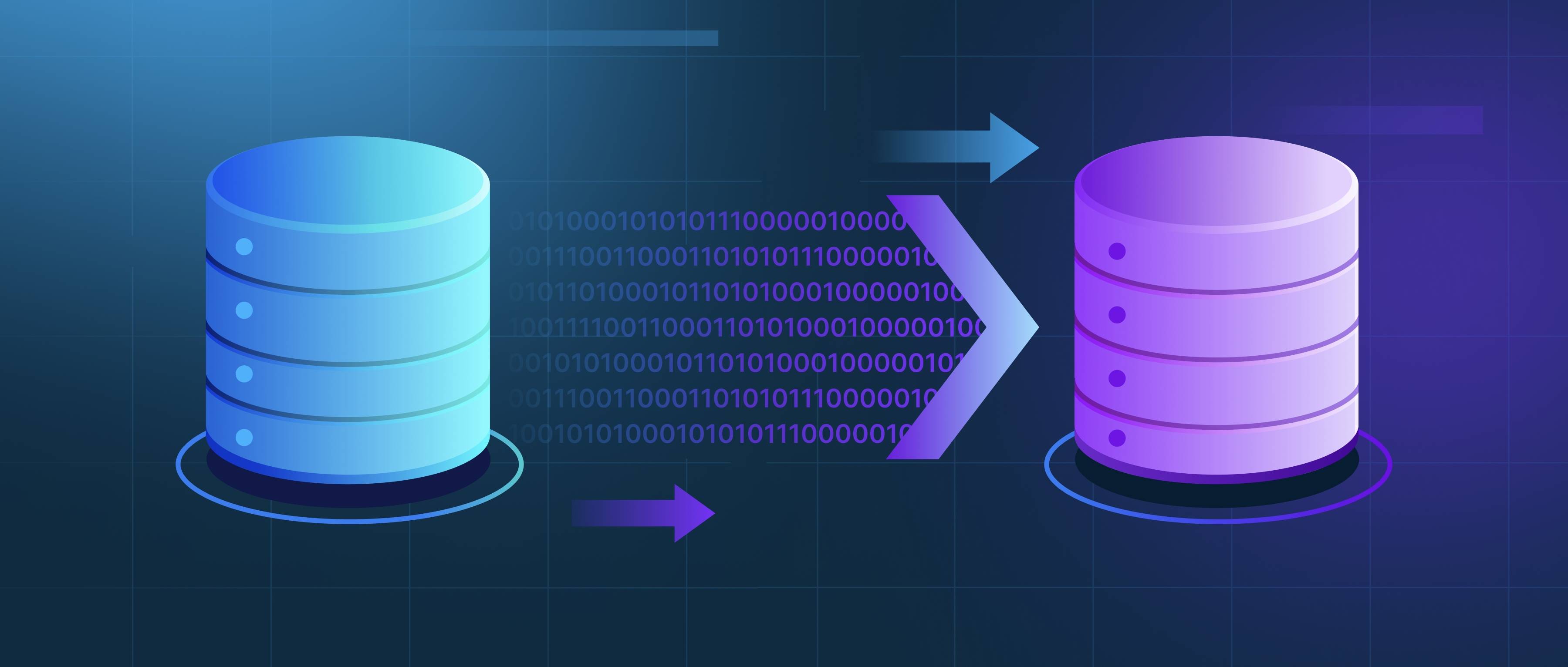Causal reasoning is essential for decision-making AI because it enables systems to understand the relationships between different variables and how changes in one can affect others. Unlike simple correlation, which only identifies patterns, causal reasoning helps AI discern the underlying causes of events. This capability allows the AI to make more informed decisions based on an understanding of how actions can bring about specific outcomes. For example, in healthcare applications, an AI that can reason causally might not only predict that a patient’s symptoms are linked to a particular illness but also understand that a specific treatment could mitigate those symptoms.
Causal reasoning enhances the interpretability and trustworthiness of AI systems. Developers need to ensure that their models are not just producing results based on correlations but are based on a true understanding of cause and effect. For instance, in financial markets, an AI that predicts stock price movements should be able to explain how certain economic indicators influence prices. If an event occurs, such as a regulatory change, a decision-making AI equipped with causal reasoning would be better positioned to assess the potential impact and adjust its predictions accordingly, rather than just relying on historical data.
Additionally, incorporating causal reasoning enables adaptable and robust decision-making in dynamic environments. For instance, in supply chain management, an AI can identify that changes in supplier delivery times could cause delays in production. By understanding these causal links, the AI can propose solutions, such as adjusting order schedules or seeking alternative suppliers, which can lead to optimized operations. Thus, by integrating causal reasoning into their decision-making processes, AIs can improve performance and provide more reliable recommendations, ultimately leading to better results in various applications.
